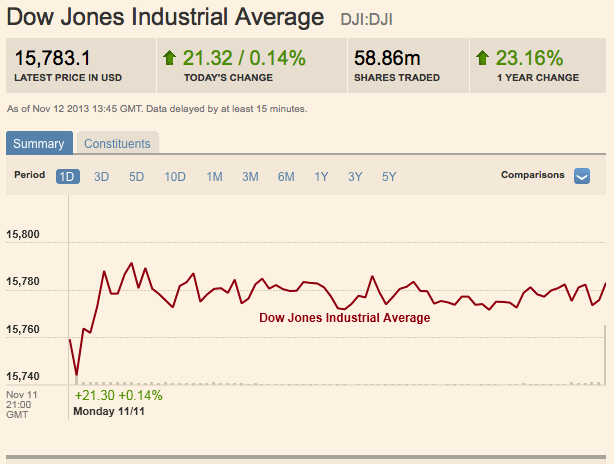
Ernst & Young’s 2013 Fraud Survey has yielded some ugly results. 60% of the 3,000 board members and managers surveyed around the world said that the pressure to report positive financial outcomes had increased in the last 12 months. This is a delicate way of saying that owners and senior managers are prepared to do whatever it takes for their results to appear better than they actually are. 42% of board members admitted that their companies followed such practices.
When many managers affirm that the presentation of financial results in their country is manipulated, it’s clear that this happens in their companies too. If they say it happens, they’ve seen it happen. Yet, although they are ready to admit it, they don’t seem willing to fix it. Many companies have financial compliance departments, but they don’t seem to be doing their job very well. 49% of members of the sales staff do not consider anti-corruption policies to be relevant to their work. This percentage has increased since 2011.
 Many sales staff members do not believe that financial compliance is something that affects them. They are probably not aware that a growing number of countries is enforcing severe economic penalties and even prison time on companies and managers unable to prove that they have effective strategies in place to prevent, communicate and resolve financial noncompliance.
Many sales staff members do not believe that financial compliance is something that affects them. They are probably not aware that a growing number of countries is enforcing severe economic penalties and even prison time on companies and managers unable to prove that they have effective strategies in place to prevent, communicate and resolve financial noncompliance.
Why is it so difficult to make progress in this area? Probably because of the pressure to deliver. Investors, owners and, therefore, managers are demanding lower costs, more profit and higher sales in what is in many countries a less than bright financial situation. And they’re demanding them unconditionally — right now, no matter what. These demands are often combined with threats of layoffs and salary cuts, another driver of unethical conduct.
Directors also view compliance and business ethics programs as a cost rather than an investment, at least that’s how one in six of those surveyed by Ernst & Young see them.
A lot of work needs to be done. In terms of financial markets, short-term thinking and pressure to deliver are enemies of good practice. With regard to communication and action, senior managers may have good intentions, but they aren’t trickling down to the people below, who only feel the pressure and the threats. Finally, we have to insist that good conduct should not be merely window dressing, a smoke trick or something to distract regulators. Ethics are absolutely necessary for the healthy functioning of a company and, of course, a country.



One thought on “No One Really Believes that Honesty Is the Best Policy”
Comments are closed.